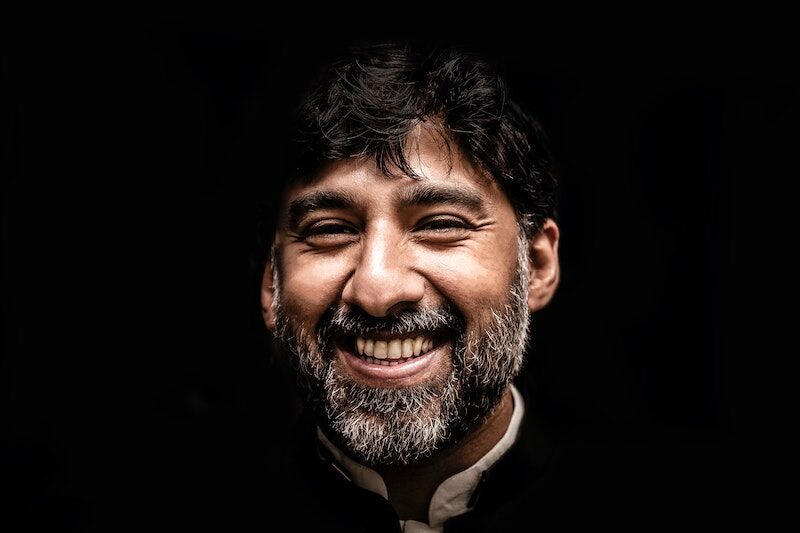It is well-documented that goal setting brings about change. Multiple meta-analyses of related research studies clearly show that setting meaningful, specific, and challenging goals leads to higher performance than easy, do-your-best, or no goals. However, since we are now well into 2022, I’m guessing that a number of us are thinking “hmmm, I don’t seem to be sticking very well to the improvement goals I set for myself for 2022.”
For another perspective on goal setting for improvement, let’s consider James Clear’s book, Atomic Habits. According to Clear, the key to building lasting habits is to start believing new things about yourself and building identity-based habits, rather than focusing on outcomes-based or routine/process-based habits. (Read more HERE for an excerpt from Chapter 2 of his book.) The latter two sound a lot like traditional goal setting!
Here is an example that brings identity-based habits to life, modified from one of the examples he gives:
Want to be a better relationship-builder?
Identity: Become the type of person who regularly stays in touch with colleagues.
Small win: Call one colleague every Friday. If you repeat the same people every 3 months, you’ll stay close with 12 colleagues throughout the year.
For me, this was quite subtle but also quite profound — it got me thinking in a different way about goal-setting. It’s really hard to change behaviors, and traditional goal-setting doesn’t really solve this. The identity-based habits concept might just be the key.
- The first step is to identify who you want to be, based on your principles and values, and who you wish to become.
If that is difficult for you to figure out, Clear suggests starting from the outcome you want and working backward to the kind of person who could get that outcome.
For example, if I want to delegate more in order to have more time for strategic rather than tactical work, then the type of person that would create that outcome would be someone who trusts people.
- Then work on proving it to yourself with small wins.
For example, I could review daily what I took on that day and ask myself what I did that I could have trusted someone else to do instead.
As Clear notes, stop worrying about results, start thinking about becoming the type of person who can achieve the things you want to achieve, and the results will come!
To learn more about identity-based habits, and strengthening your leadership skills, contact Linda for a consultation.

